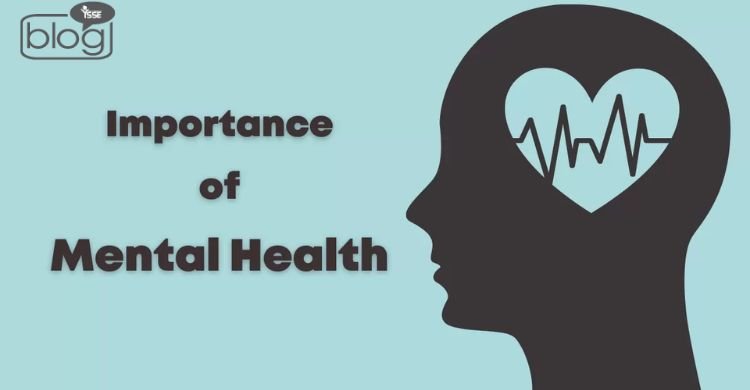Mental health includes our emotional, psychological, and social well-being. It affects how we think, feel, and act as we cope with life. It also helps determine how we handle stress, relate to others, and make choices. Mental health is important at every stage of life, from childhood and adolescence through adulthood and aging.
The concern about mental health is increasing day by day.If we want a big change regarding this fact, if we want this concern implied in our daily life, then we should start in in our community first. Then we will be able to make changes in the broader aspects. So if we want to raise mental health awreness in our community, then we can create a big impact using social media.
The rapid growth of social media puts teenagers and young adults in particularly complicated situations in regard to mental health and self-confidence. On one hand, social media has the potential to connect people despite distances or time constraints. In a way, platforms such as Facebook and Instagram allow us to create a positive support system of family and friends at our fingertips — at any time during times of stress. College students are able to use such platforms to connect with interest groups on their campuses and within larger community initiatives. More than once, seeing friends’ amusing or heartwarming posts have inspired me in times of stress and I appreciate the connectedness these platforms allow us.
One the other hand, social media can become a source of stress for many people, particularly in developing teens and college students. Research has shown that extended time spent on social media platforms has been linked to issues with anxiety, depression, cyberbullying, and decreased self-confidence. It’s not hard to understand why – the façade of a stress-free, curated lifestyle that many of us portray online can become engrained as an expectation for day to day life. It can be easy to see hurtful or negative comments by friends or extended community and feel isolated in one’s experiences and struggles.
So, how can we use social media to promote positive mental health?
- Join groups that educate and inspire: There are webpages to see messages of positivity and humanity online. Actively taking part in these communities allows us to educate ourselves on different worldviews and positive stress-relief strategies that we can spread to loved ones.
- Spread positivity online: Campaigns such as #LoveYourBody and #HereForYou on Instagram have been vital in opening frank conversation about mental health online across a wide range of communities. Choosing to embrace these campaigns and support the groups organizing such movements can allow one to be more involved in online social-justice and mental health initiatives.
- Be a (vocal) positive support system for peers: Platforms such as Facebook and Snapchat allow us to reach out to those who we know may be having a rough day or who are in need of help in some way. Sometimes simply reaching out to check in on someone or to establish that you’re open to talking to people in times of stress can foster a sense of solidarity and togetherness among college students in difficult times.
- Use social media to organize in-person events! Social media allows people all across communities to organize and find local events from stress-less meetings to guest speakers on mental health. Passionate about a certain topic? Use platforms such as Facebook and Instagram to arrange ways to meet like-minded groups and plan events for your local campus.
So ,in these ways we can make sure that we all are there for each other to lead a healthy life.
To read more blogs, click here.
Writer
Fairuj Fariha
Intern
Content writing Department ,YSSE

